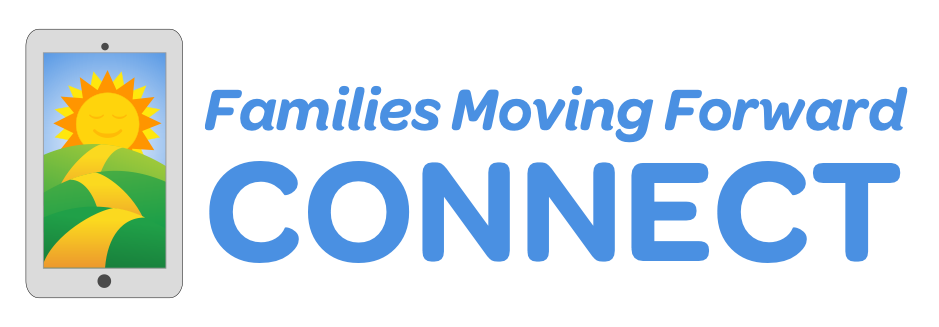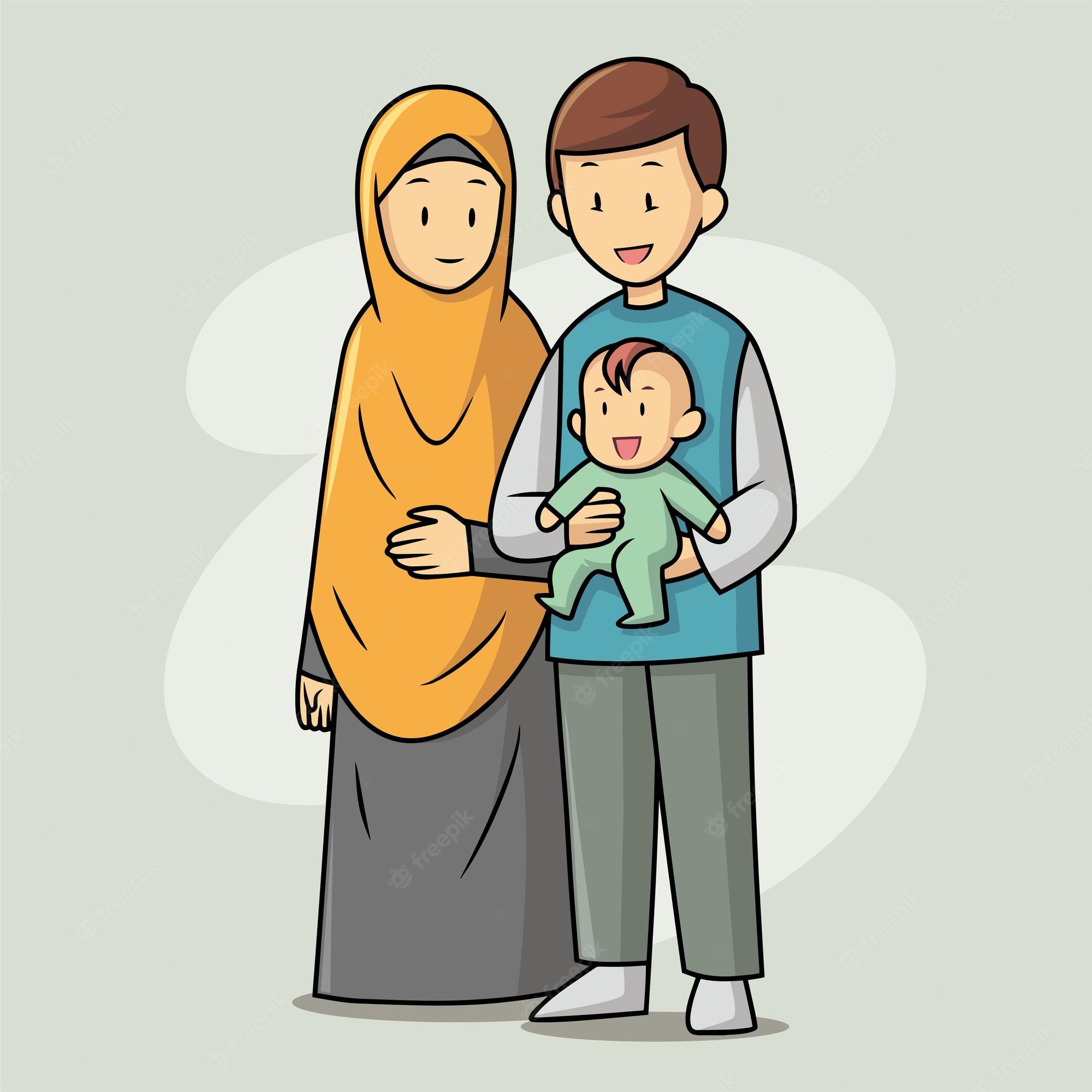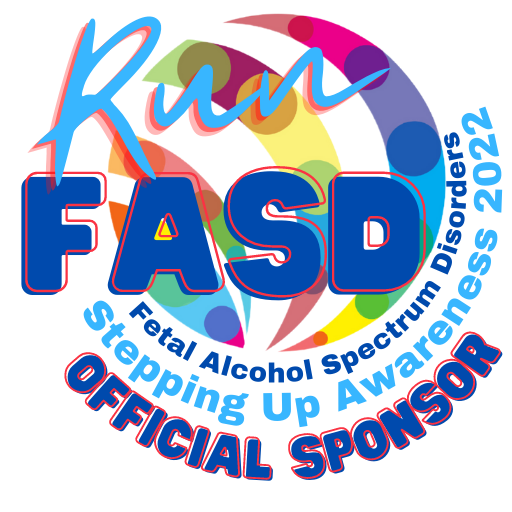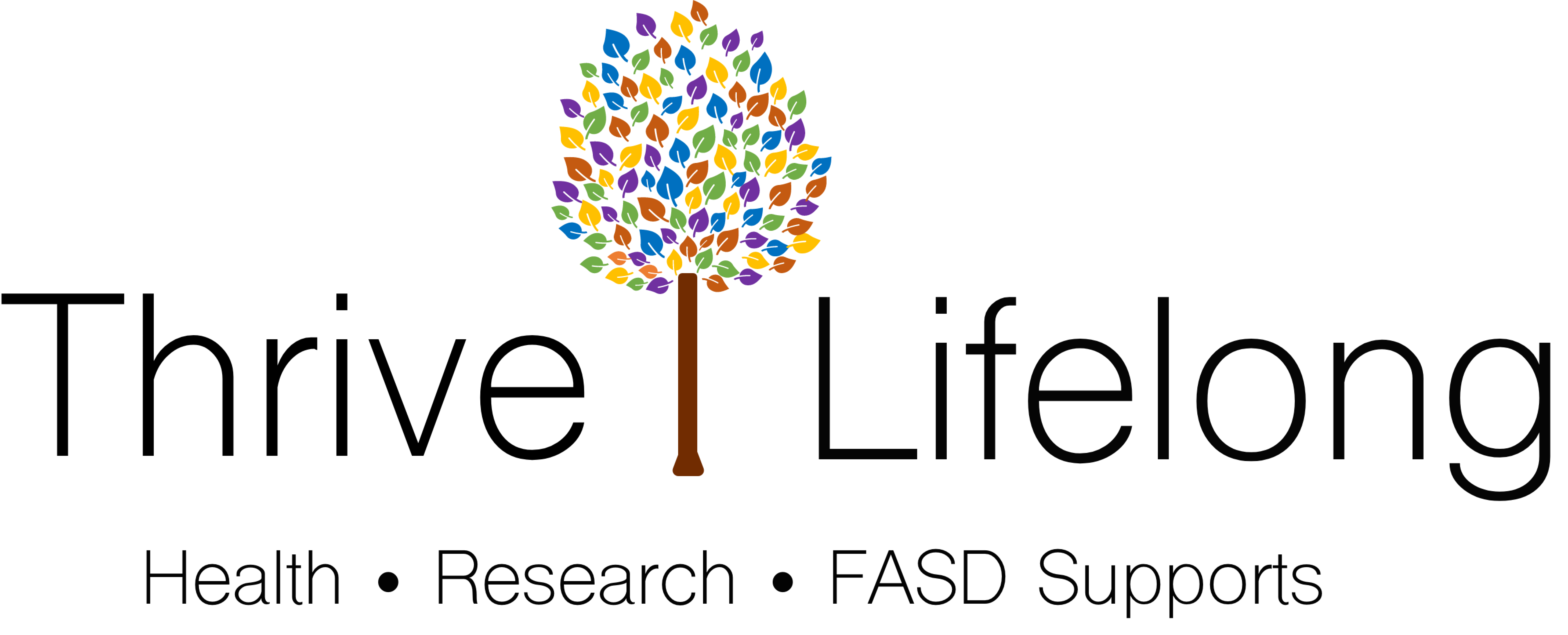Newsletter - May 2022
FMF Connect Enrollment

There is still time to participate! Sign up before it’s too late!
Participants needed for a Randomized Control Trial (RCT) for FMF Connect!
Are you a parent or caregiver of a child aged 3-12 with Fetal Alcohol Spectrum Disorder (FASD) or Prenatal Alcohol Exposure (PAE)? You may be eligible for this study!
FMF Connect is an app designed to help parents and caregivers of children with FASD or PAE by providing useful information to manage their children’s condition and gain peer support.
FMF Connect is looking to enroll caregivers in the United States who have an iOS device (iPhone or iPad). This trial would include completing surveys and testing out the app on your time! Monetary compensation is available for participants.
Already enrolled? Help us spread the word! You can send other parents and caregivers to our website or have them email us!
Please email fmfconnect@urmc.rochester.edu if you have any questions.
My Health Coach Survey Opportunity

Adults needed for Fetal Alcohol Spectrum Disorder (FASD) mobile health app research!
The next step of the Adult App project is here, which involves an online surveys for adults with FASD to provide feedback on initial design prototypes. Adults with FASD around the world can participate as long as they are 18+ and have sufficient enough English proficiency to complete the survey.
This app hopes to provide resources, tools, and information to improve physical health and quality of life for adults with FASD or known prenatal alcohol exposure.
Click the link below to go to the survey!
Please consider sharing the survey on your relevant platforms: https://bit.ly/FASDApp
Already enrolled? Help us spread the word! You can send other parents and caregivers to our website or have them email us!
Email Emily_Speybroeck@URMC.rochester.edu with any questions.
Research Corner

Concerns And Strengths: Caregiver Perceptions of Their Infant/Toddler with Prenatal Alcohol Exposure
Misty Pruner.
Early intervention for an infant or toddler with prenatal alcohol exposure (PAE) is vital for their development. However, few early childhood practitioners recognize PAE during these first few years. It can be challenging for practitioners to ask caregivers about alcohol use during a mother’s pregnancy. Early identification is also difficult since not all infants and toddlers have easy-to-recognize symptoms or developmental delays that are noticeable to practitioners. Therefore, it is important to look at the caregivers’ perspectives to identify concerns in their children’s behaviors and development, as well as their strengths to help build a strength-based approach to early intervention.
Researchers at the University of Washington collected data from 117 caregivers of infants and toddlers (ages 7-42 months) with PAE. The caregivers were asked to complete two questionnaires to identify their concerns and their children’s strengths. The data analysis showed that both biological and non-biological caregivers reported strengths as well concerns. The reported strengths and concerns were relatively consistent across different caregiver types, and different child ages. Almost all caregivers had a strength to share about their child. The most common strengths were related to happiness, sociability, and love, suggesting caregivers believed these qualities were important to communicate to others.
For practitioners, this is useful information for building a working relationship with caregivers. Caregivers also shared a range of concerns, with aggressive behavior, language & communication and sensory processing problems reported most often. This finding corresponds closely to previous research using standardized measures, revealing that caregivers can be an important source of information on their child.
Overall, findings showed that caregivers were attuned to early challenges faced by their child. They also believed their child had many strengths. It is important for practitioners to listen for and ask about concerns (and strengths) in order to deliver interventions that are family-centered.
Run FASD 5K Sign-Up

Do you know you can join a 5K run to support the FASD community and raise awareness of FASD?
Run FASD is a virtual 5K event that can happen no matter where you are. You can run, walk, or roll at your own pace and at your own time from September 9th to 25th to show your support! The registration will begin on June 1st, 2022!
The event’s coach and creator is Rebecca Tillou, a mother, runner, and FASD self-advocate. You can visit their website at https://runfasd.org for more information and Rebecca’s message! You can also follow Run FASD on Twitter @FasdRun

